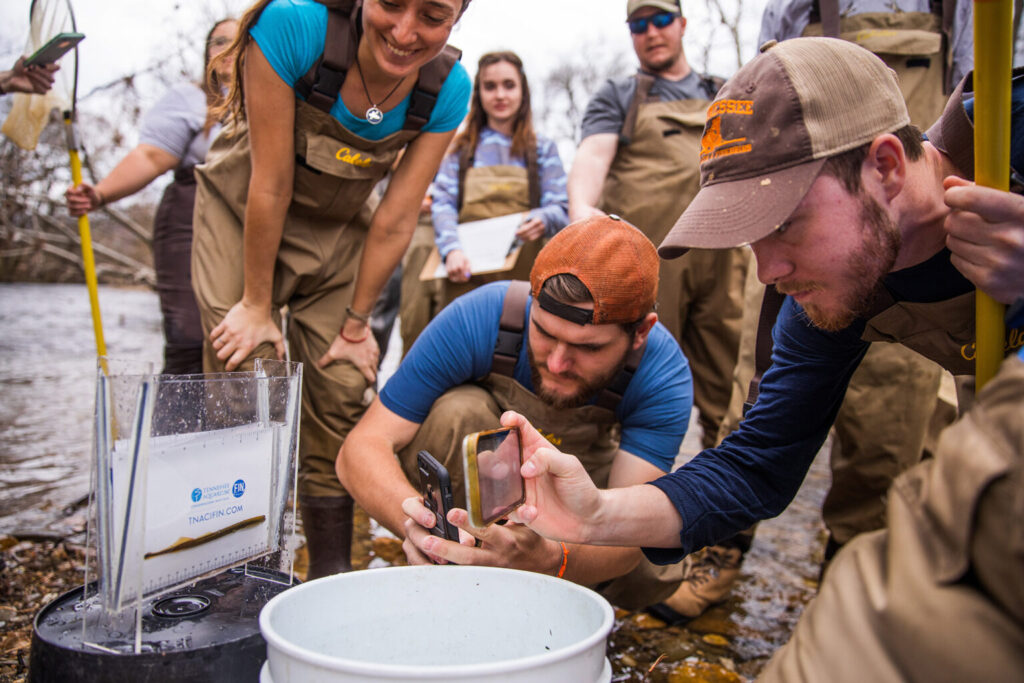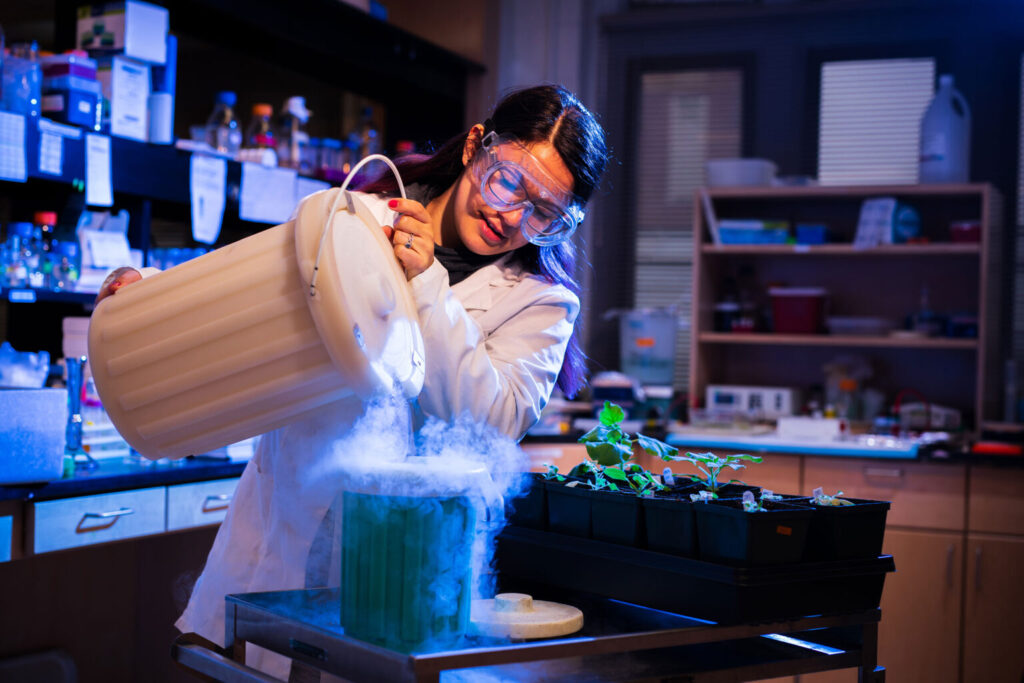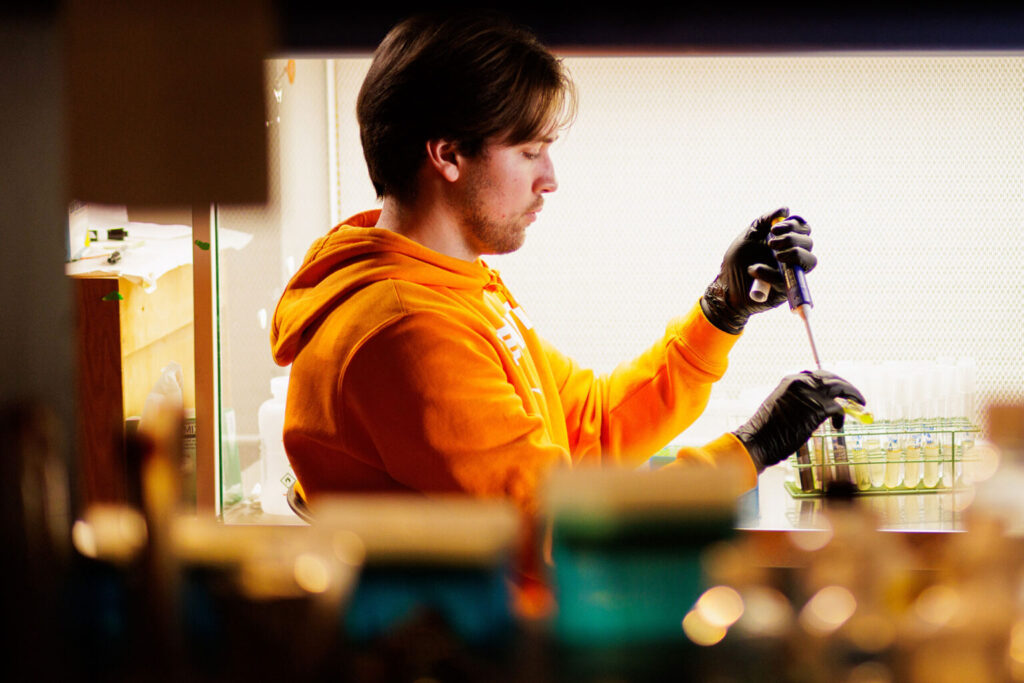SCIENCE PROGRAMS
Become an explorer of the world as a student in a science program at UT. Research is a key element in a student’s educational experience at UT, which is classified as an R1 high-intensity research institution. Professors are engaged in cutting-edge research and science students have the opportunity to contribute in areas from cell biology to technology to quantum materials. UT co-manages Oak Ridge National Laboratory—the nation’s largest and most diverse science and energy laboratory—and several professors hold joint positions at both institutions.

Potential employers
Correctional facilities
Environmental Protection Agency
Government agencies
Hospitals
Mining companies
Planetariums / science museums
Private research labs and organizations
Publishers
State and local public health departments
Surveying companies
Zoo or animal sanctuaries
Where you’ll study
Science programs are housed within the College of Arts and Sciences and the Herbert College of Agriculture. As a student in this study area, you could pursue a degree in geology, mathematics, biology, and more. You might also select a concentration in chemical physics, astronomy, or ecology, to name a few. Through the Herbert College of Agriculture, you can study programs from plant biotechnology to veterinary science, conservation science to turfgrass science.


I currently do research with the Department of Microbiology, in which I’m engaged in my own independent research project on the gut-brain axis and its effects on human health. And I’ve been able to present that research at a bunch of different locations, both on campus and off campus, and to connect with a lot of really amazing experts in their fields.
Tyler
(’25)
Microbiology
Find programs in this Area of Study
Explore other Areas of Study
- Agriculture and natural resources
- Architecture and design
- Art and performance
- Business
- Communication and information sciences
- Education
- Engineering, math, and computers
- English and literature
- Health, wellness, and human sciences
- Languages, cultures, and humanities
- Law and justice
- Science
- Social science and social work
- Veterinary
Request Info
We’re excited you want to know more about the University of Tennessee! Select your degree type to get started.
